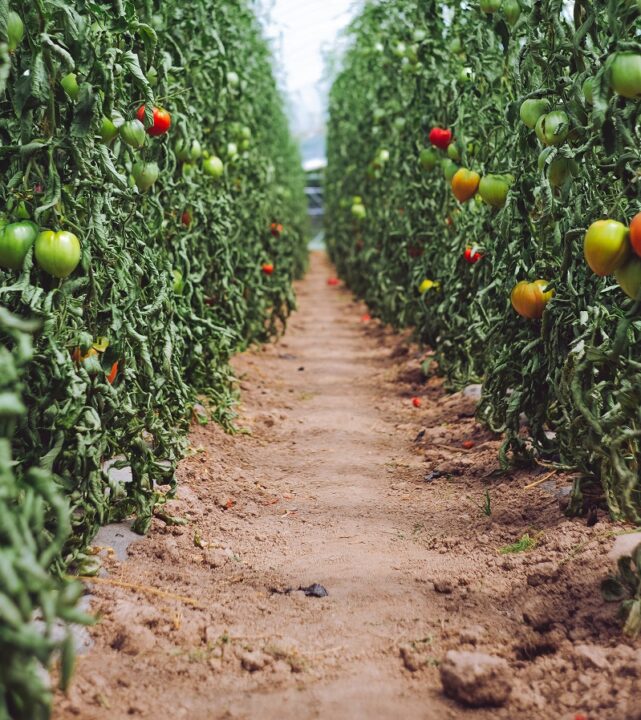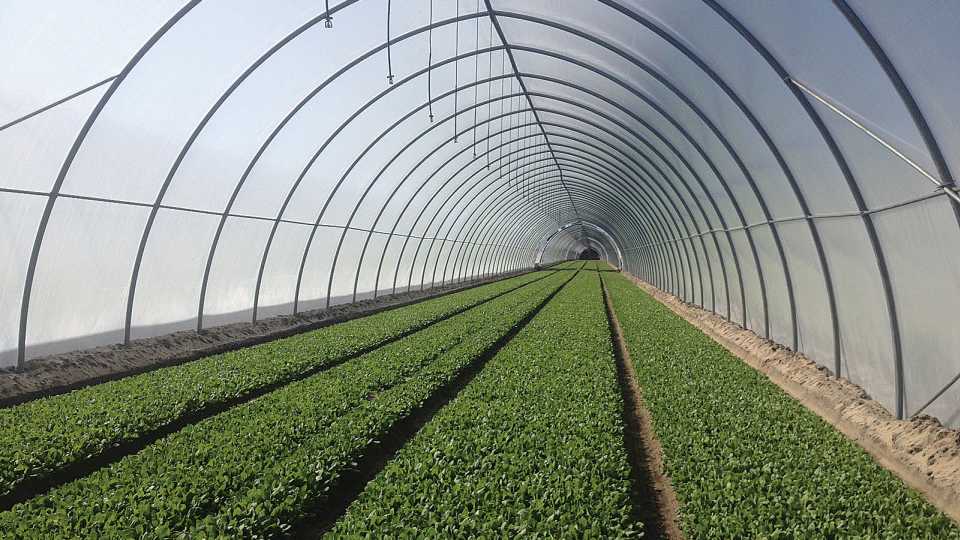How Dixondale Farms Is Aiming To Protect Its Legacy
If you take a stroll through Dixondale Farms’ packinghouse, you walk through a labor history any grower would be envious of. Most people you meet have been working for the operation for decades. And their parents probably worked there as well. The younger workers may be third generation.
“In fact, the young accounting guy that we’re hiring? His grandmother worked here,” says Bruce Frasier, who owns Dixondale Farms with his wife Jeanie. “He said, ‘I’d love to work for Dixondale.’ And Jeanie said, ‘OK, when can you start?’”
While Frasier uses H-2A in the fields during harvest, his permanent team has unusually low turnover. To sustain a steady work force in these times takes effort, though in some ways it comes naturally to Bruce and Jeanie.
Why Dixondale Workers Stay
Retaining staff begins with a healthy workplace culture. While pay and benefits are important, especially during the hiring process, they are not always the primary factors as to why employees stay long-term. If someone leaves after some time and they’re not moving away or getting a dream job, it’s likely because they’re unhappy with management or fellow employees.
At Dixondale, part of the culture is respecting everyone’s worth. A tradition that began with an earlier generation and is continued by Bruce and Jeanie.
Bruce began his career with Dixondale starting from the ground up, even though he was the previous owner’s son-in-law. And he had an impressive education from West Point and a military career in intelligence. He worked the fields and on any task his manager asked of him. His father in-law taught him no one is above any needed work on the farm.
Another reason Dixondale is able to hold on to employees is its long growing season.
“We ship the onion plants from November until late May. We do cantaloupes late May until the 15th to 20th of July, and then we give them vacation time,” Frasier says.
The team gets a month and a half off, and none of the core group is laid off.
“Come Labor Day, everybody is back on. And they say it’s sort of like coming back and seeing all their classmates after the summer break,” he says.
Another factor in keeping the team together is they like each other. And Frasier says the managerial staff sets that standard.
“There’s three types of employees. The Oh, Yeah’s, the OK’s, and the Oh, No’s,” Frasier says. “National statistics say 65% of your employees are Oh, Yeah’s. You ask them to do something. They say, Oh, Yeah. They’re actively engaged in the company.
Frasier then says about 35% nationally are OK’s.
“You ask them to do something, they say, OK. And they do it. Then they wait for you to tell them what to do next. They’re not actually engaged or disengaged,”
And the Oh, No’s? They make up only 10% of workers nationally, he says. You ask them to do something, and they respond “Oh, no!”
“They’re actively disengaged, and they’re mediocre. They spend all their time trying to bring the other people down to their level of mediocrity.”
The secret to Dixondale’s healthy work environment is they have no Oh, Nos, Frasier says. How do they manage that? It goes back to the culture.
“We don’t have to fire them,” he says. “They just realize, ‘This isn’t for me.’ Because there’s no one to complain to.”
Impact on the Local Economy
Dixondale plays a key role in keeping the small town of Carrizo Springs thriving. It’s the largest grower of onion plants in the U.S. in a 5,000-population small South Texas town, about 40 miles from the border town of Eagle Pass, population 28,000.
“We try to spend all the money locally,” Frasier says.
Dixondale’s unusual business model — a combination of growing transplants for growers, supplying onion starts to home gardeners nationwide, and selling cantaloupe to regional grocery stores — brings in revenue from across the U.S.
“And it’s going to the auto parts shops, the feed stores, the local grocery stores,” Frasier says. Frasier recalls an experiment his father-in-law ran several years ago to prove this point. Since a lot of the workers didn’t have checking accounts, Dixondale paid them in cash.
“[My father-in-law] said, ‘This week I want you to give every single employee $20 of their pay in silver dollars,’” he says.
All over town, store clerks and owners wanted to know where all the silver dollars were coming from.
“That made the community realize how they benefit from Dixondale,” he says.
Succession Challenge
Bruce and Jeanie are preparing to retire, but their children will not be taking over the business, which creates a challenge. With Dixondale’s unique business model, its impact on the community, and the livelihood of its employees hanging in the balance, Bruce and Jeanie don’t want to simply sell the business and walk away.
If the operation is folded into a larger grower’s portfolio, how will all of these be impacted? To explore their options, they’re meeting with advisors and reading up potential paths forward.
In the meantime, they’re empowering managers as they slowly step back, spending fewer hours each day at the operation.
“You sell to a company, and they can say, Well, everything’s going be exactly the same. Well, in all reality is that when they buy it, they can do with it what they want.”
Bruce and Jeanie are hoping the new ownership, whoever it may be, will honor the decades-long relationships they’ve built with customers and their community.
At a Glance: Dixondale Farms
Owners: Bruce Frasier and Jeanie Martin Frasier
Founded: 1913
Location: Carrizo Springs, TX
Crops: Onions transplants; cantaloupe
Customers: Farmers, garden centers, and big box stores (through 50 to 60 distributors), mail order to home consumers, retail


























